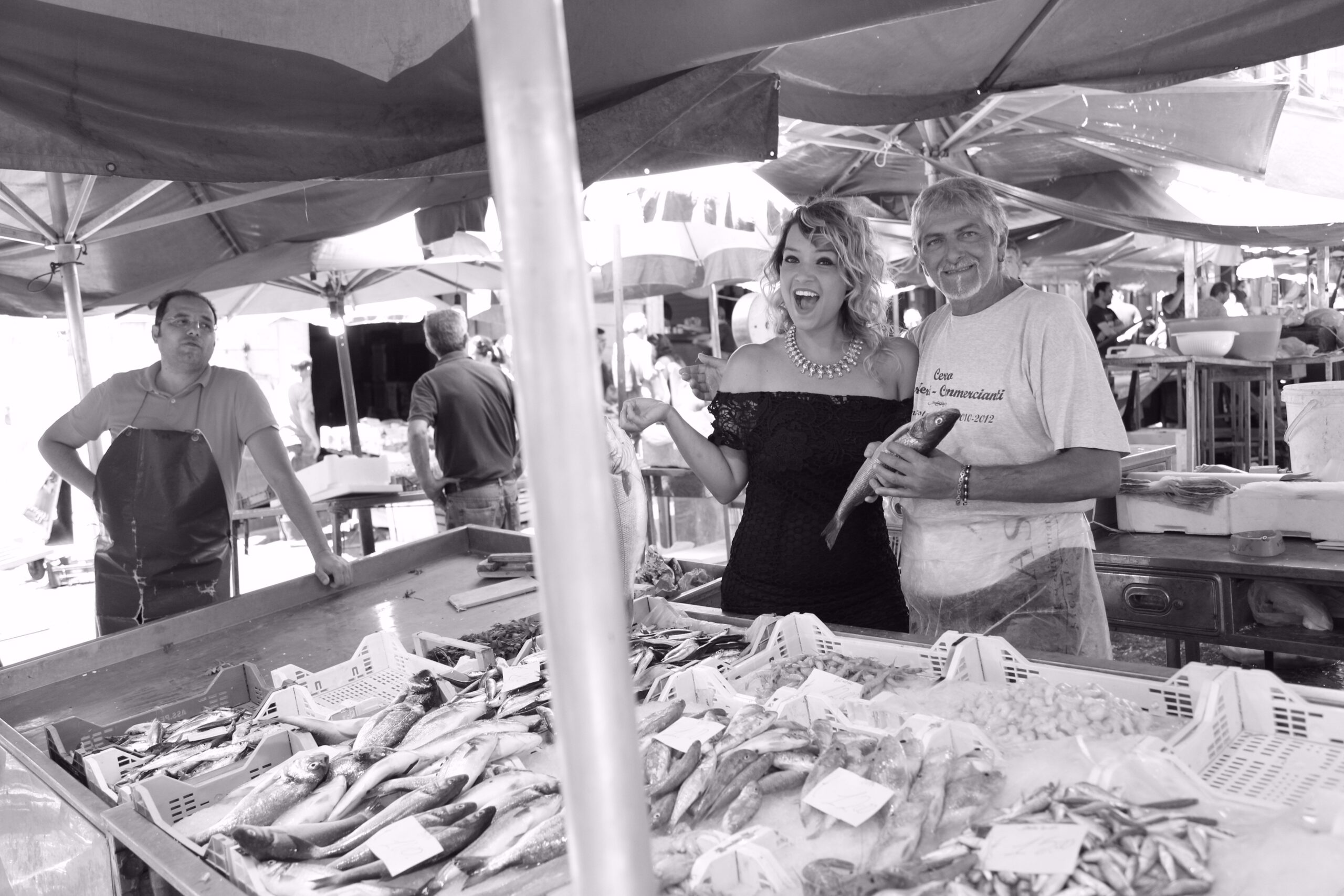GONE FISHING

Fishing is the activity of trying to catch a fish either for fun or for food. A person who catches fish for fun is called an angler, while a person whose job is to catch fish is called a fisherman. Fishing can be done in the sea, or in a lake or river, and by boat or from the shore, or even standing in the water.
There are three main purposes of fishing: commercial, recreational, and sport. The commercial type is done for a living, and is considered to be one of the most dangerous jobs in the world. Another type is recreational, which is done for fun, usually on a small scale. A variation on this is catch and release fishing, in which fishermen catch the fish for fun, then remove the hook and release them afterwards. A variation of recreational fishing is sport fishing, where fishermen compete to catch specific types of fish or fish of specific weights.
Sometimes fishing is categorized by the type of animal being caught – for instance, fishing shrimp is called shrimping. This practice can also be categorized by the purpose of the fisherman, the place where the fish are caught, or the equipment used. Fishing can also be categorized by the place where the fish are caught. In this way there are two main categories: marine and freshwater fishing.
Fishing for money
Fishing for money is a very dangerous job, because people may injure themselves or even die. People who go fishing for money usually get all kinds of fish, from tuna, cod and salmon to shrimp, lobster, clams and squid.
A fisherman or a fisher generally uses equipment, such as nets, fishing rods and traps to catch fish and other marine life. Nowadays fishing large amounts of fish is simpler, as fisherman use large nets and machines to catch fish. Some fishermen work on large commercial fishing vessels, doing one of the many jobs on board: captain (sometimes called skipper), first mate, second mate, boatswain (sometimes called deck boss) or deckhand. Although fishing equipment and technology have improved, life on a commercial fishing vessel can be difficult, with irregular work hours and much time spent away from home. Captains usually negotiate the sale of each day’s catch.
Other fishermen work on small boats with crews of just one or two people. They take shorter trips and stay closer to shore, and doing more of the work of catching and processing by hand. They place nets and traps to collect lobsters and crabs, for instance, or use dredges and scrapes to gather oysters and scallops. Some fishermen may even work in scuba gear, diving off boats and going below the surface in search of sponges, sea urchins or other prey.
On a typical day a fisherman’s tasks might include: steering a vessel and operating navigational equipment, putting fishing equipment, including nets and traps, into the water, maintaining and repairing on board equipment including vessel engines and fishing gear, removing catches from equipment and measuring them to ensure they comply with legal size, using fish finding equipment to locate fish.
Fishing for fun
People catch fish, but not always for food, sometimes for entertainment. If you go fishing as a hobby, you usually need a fishing rod, line, and a number of hooks to get the fish. This activity is usually called angling. At some places there may be rules that regulate how many lines and hooks a fisherman (or woman) can use and how many fish he or she can catch. Rules generally do not allow the use of nets and catching fish with hooks not in the mouth.
Sport fishing is a recent popular way of recreational fishing where fishermen try to get more fish than other fishermen.
to catch – catturare, prendere
angler – pescatore
shore – riva
purpose – scopo
recreational – ricreativo
to be considered to be – essere considerato
on a small scale – in scala ridotta
to release – rilasciare
to remove – rimuovere
hook – amo
afterwards – dopo questo, poi
to compete – gareggiare
specific – specifico
weight – peso
for instance – per esempio
shrimp – scampi
equipment – attrezzatura
marine – marino
freshwater – di acqua dolce
to injure – ferire, causare una ferita
tuna – tonno
cod – merluzzo
salmon – salmone
lobster – aragosta
clam – vongola
squid – calamaro
net – rete
trap – trappola
on board – a bordo
skipper – comandante
first mate – primo ufficiale
second mate – secondo ufficiale
boatswain – nostromo
deckhand – marinaio comune
irregular – irregolare
to negotiate – negoziare, trattare per
catch – pesca, caccia
crew – equipaggio
to process – elaborare
dredge – draga
scrape – graffiao, strisciata
oyster – ostrica
scallop – capasanta
scuba gear – attrezzatura da sub
surface – superficie
sponge – spugna
sea urchin – riccio di mare
prey – preda
to steer – indirizzare verso, spingere verso
to maintain – mantenere
to repair – riparare
to measure – misurare
entertainment – divertimento
fishing rod – canna da pesca
rule – regola
to regulate – regolare
to allow – rendere possibile







